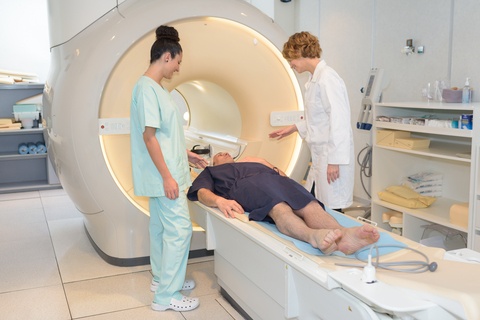Mesothelioma Needs a Multidisciplinary Team
Mesothelioma treatment may be best managed by a multidisciplinary team of doctors and specialized surgeons. Mesothelioma is a rare cancer that is caused by exposure to asbestos. Asbestos can be found in thousands of industrial and consumer products. People who are exposed to asbestos may not experience symptoms of mesothelioma for decades. Multimodal therapy may give patients the best odds of surviving mesothelioma. Multimodal therapy often includes surgery, chemotherapy, and radiation. Yet even when combined, these therapies achieve only limited success. The 5-year survival rate of patients with mesothelioma is less than 20%. The National Comprehensive Cancer Network recommends that patients with mesothelioma be treated by a multidisciplinary team of doctors. A multidisciplinary team includes doctors from different specialties. They…




